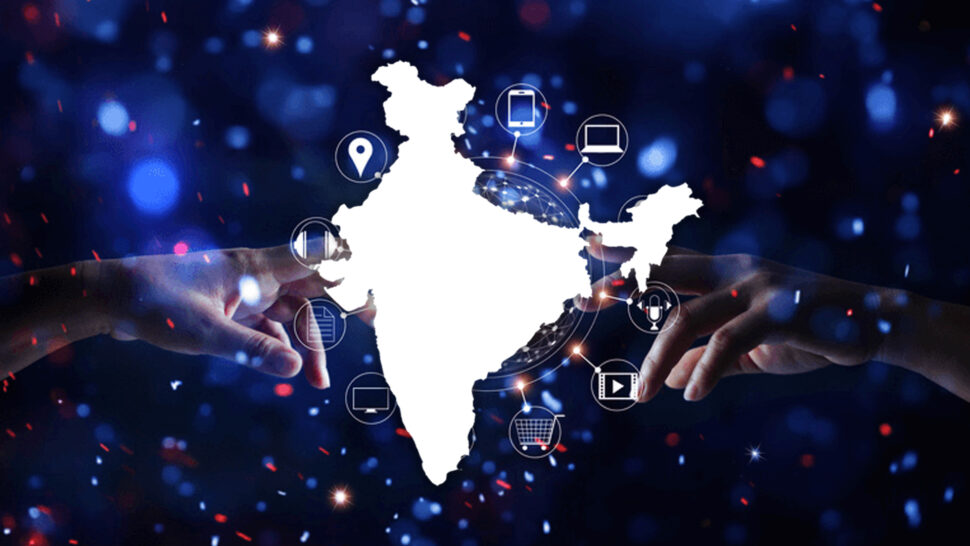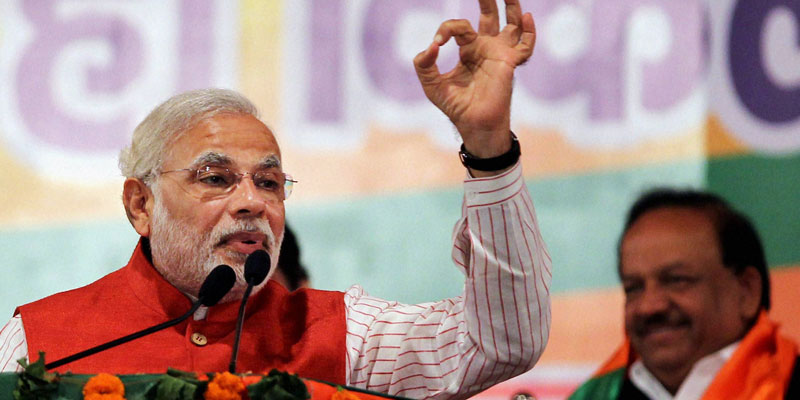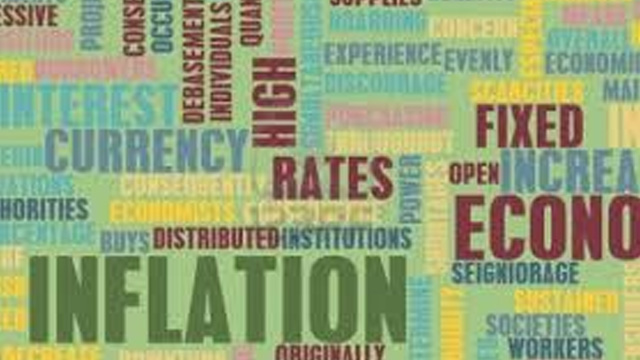Shutting Internet access is a widespread practice of authorities on Central and State level when addressing security concerns. An in-depth look, however, suggests that a more careful approach might help avoid damages to economy, society and democracy.
The Centre’s Costly Habit of General Shutdowns Impacts Economy and Daily Lives
Bharat’s internet market appears to have unlimited potential – global Big Tech leaders keep investing in it, while innovations and financial solutions have driven the competition beyond its traditional IT support image. Affordable smartphones and cheap internet packages have already brought the country’s internet users above 750 million.
And yet, India continues experiencing service shutdowns – over large areas and time periods – mostly as a result of government decisions and not technical difficulties. In fact, a recent report shows that the world’s largest democracy leads in net service disruptions, both by instances (over 100) and total hours. It is responsible for the majority of such intentional situations, well ahead of countries like Yemen and Myanmar.
Despite the insistence of Central authorities that these decisions are made in the interest of national stability and security, the negative impact of these shutdowns can also be measured in economic and social terms. In the absence of specific regulations and procedures, the government damages companies and communities where the Internet is blocked – from IT services to online casino India legal applications where you can play on Indian websites such as PureWin.com, from distance learning to access to medical and legal practices.
Is It Worse for Democracy or the Economy?
The pros and cons of such an approach are widely disputed in internet forums by digital access advocates and numerous NGOs raising awareness on the issue. Not that the Government is silent on it – spokespeople for the ruling Bharatiya Janata Party have repeatedly explained that in a country as diverse as India and in times as difficult as the Covid-19 pandemic it is essential to contrast fake news and security threats.
Besides censorship concerns, only last year’s internet disruptions have cost the country nearly USD 3 billion, according to the UK-based agency Top10VPN. And what is even worse, these limitations are felt and “paid” by less developed regions, children (students) and people with limited access to other types of communication.
When authorities enforce an intentional slow-down of internet speeds –known as bandwidth throttling – those who feel it more are in rural and remote areas. Jammu and Kashmir had an extensive period (of almost a year and a half) with only 2G mobile internet, only restored to 4G speeds in February of 2021. Many citizenship rights groups advocate for a more targeted approach, whatever the Government concerns might have been. If only because such limitations punish beyond needed proportions the young and the vulnerable and stifle the development of such States and regions.
While many highly urbanised areas in India are already preparing for 5G rollout, its benefits for the economy and society might have to just wait for large parts of India’s territory. Tourist reservations, communications, journalistic reports, distance learning and tele-medicine are only some examples of daily life and economic activity which are exposed to potential shutdowns if and when the Government decides there are dangerous messages or fake news going around in a given state or territory.
It is also true that the Centre recently announced a series of new social media rules intended to control the abuse and spread of fake news. Even net-freedom activists agree that these are contemporary threats that are hard to tackle at the source. However, the 9,000 hours of annual and widespread service disruptions are way beyond an acceptable way – both economically and socially – for dealing with the situation. Experts suggest shutting down single sites, profiles and sources or making it a punishable offence to propagate misinformation of any kind.
It remains to be seen where the Government’s new strategic regulation will take the country. It is highly probable, however, that continuing along the path of large-scale internet shutdowns might damage the business climate and social equality in affected states and areas.





